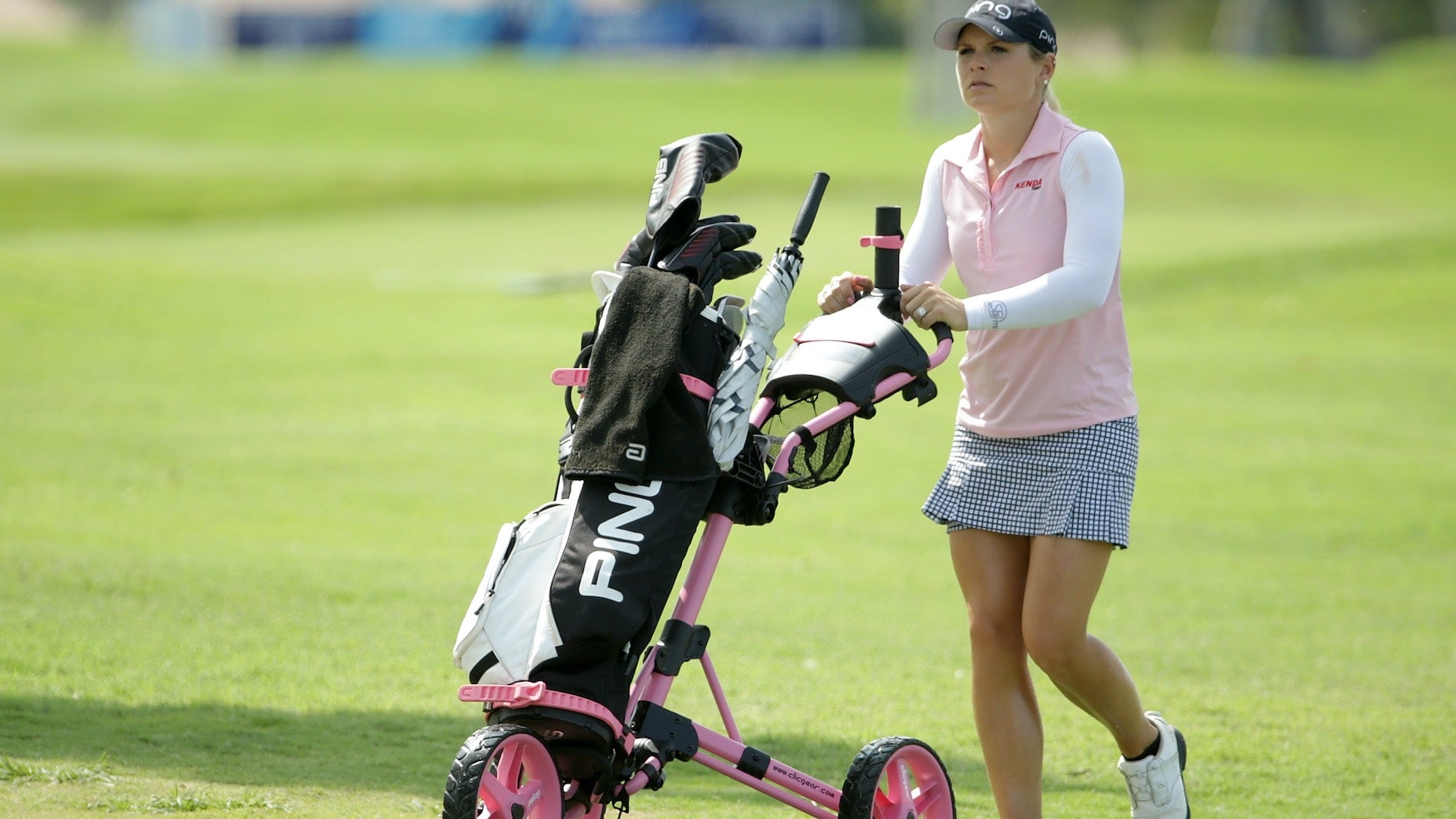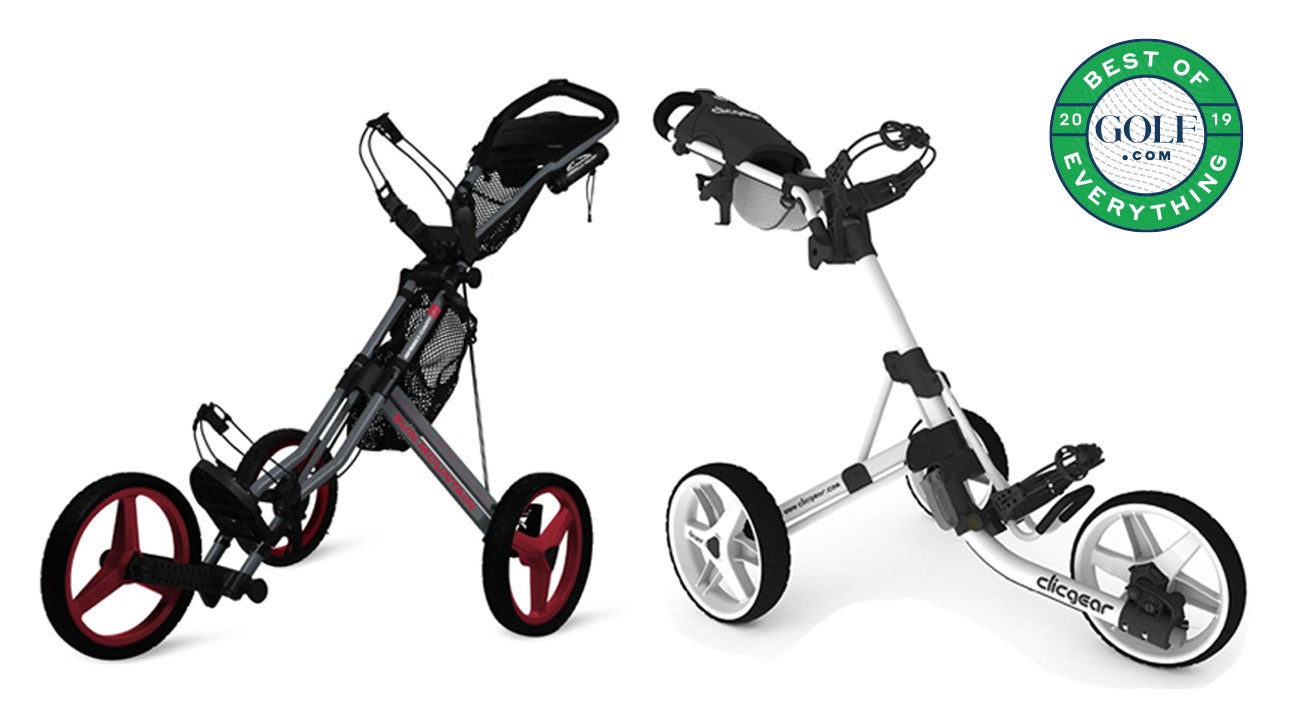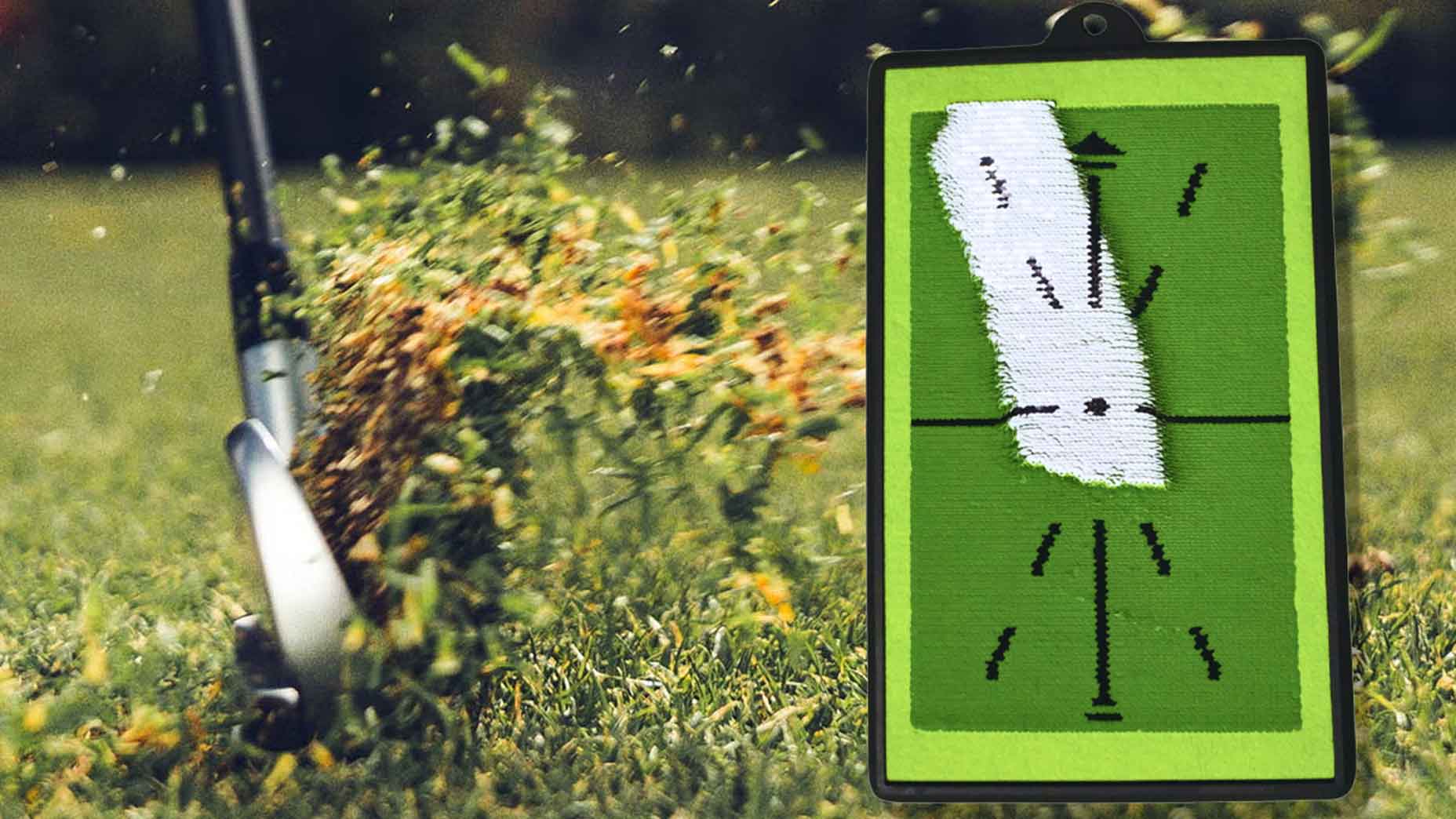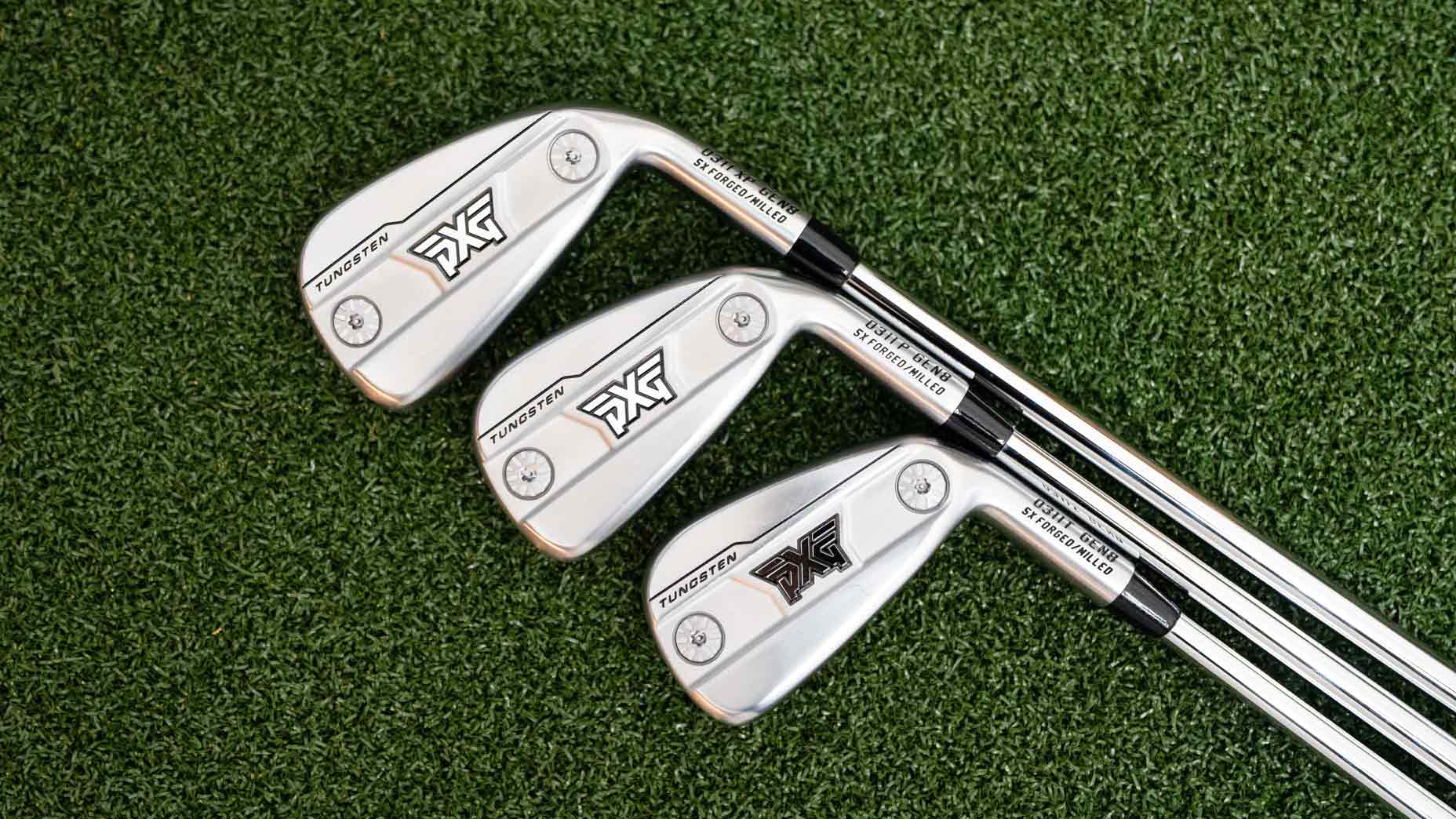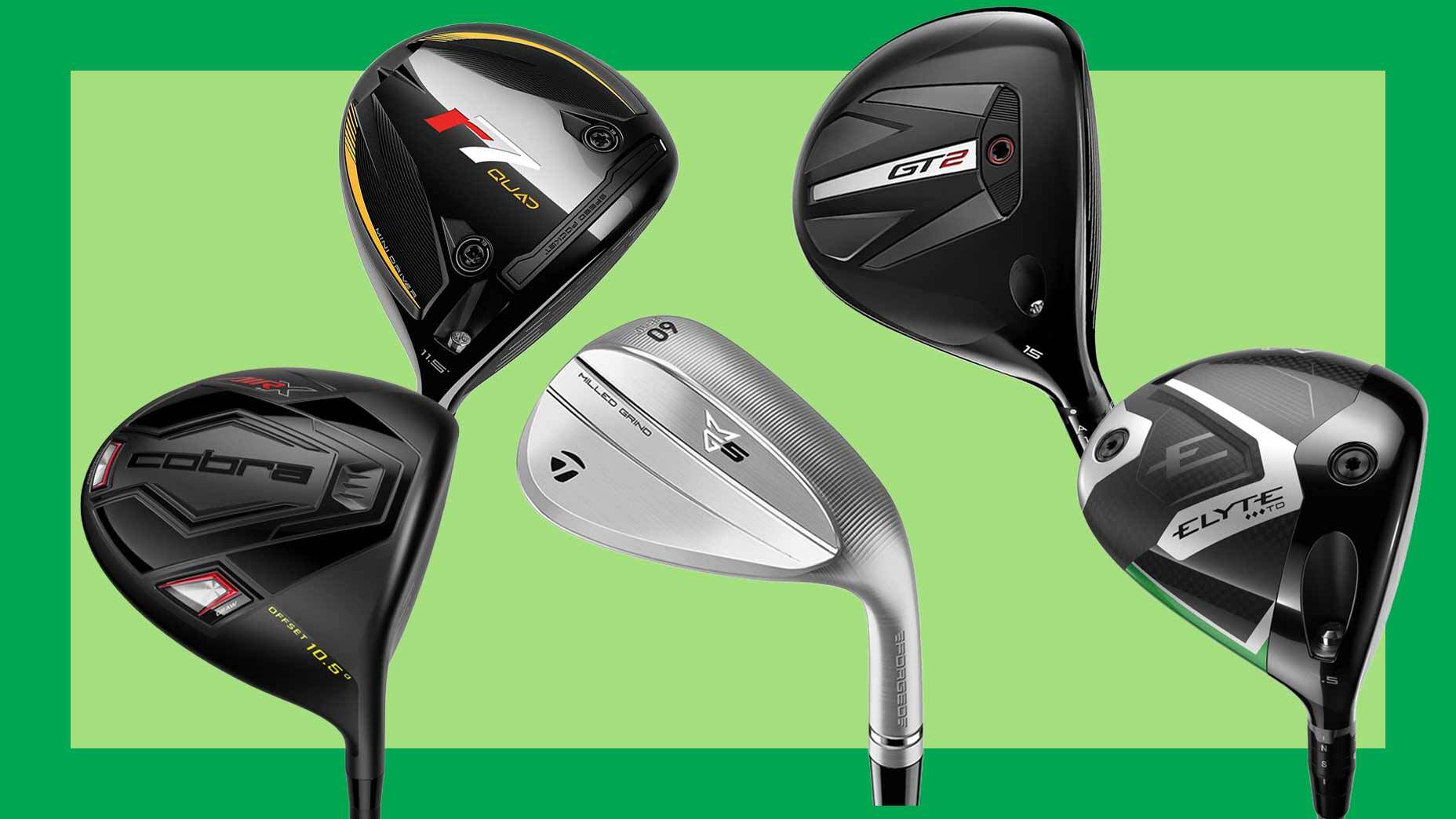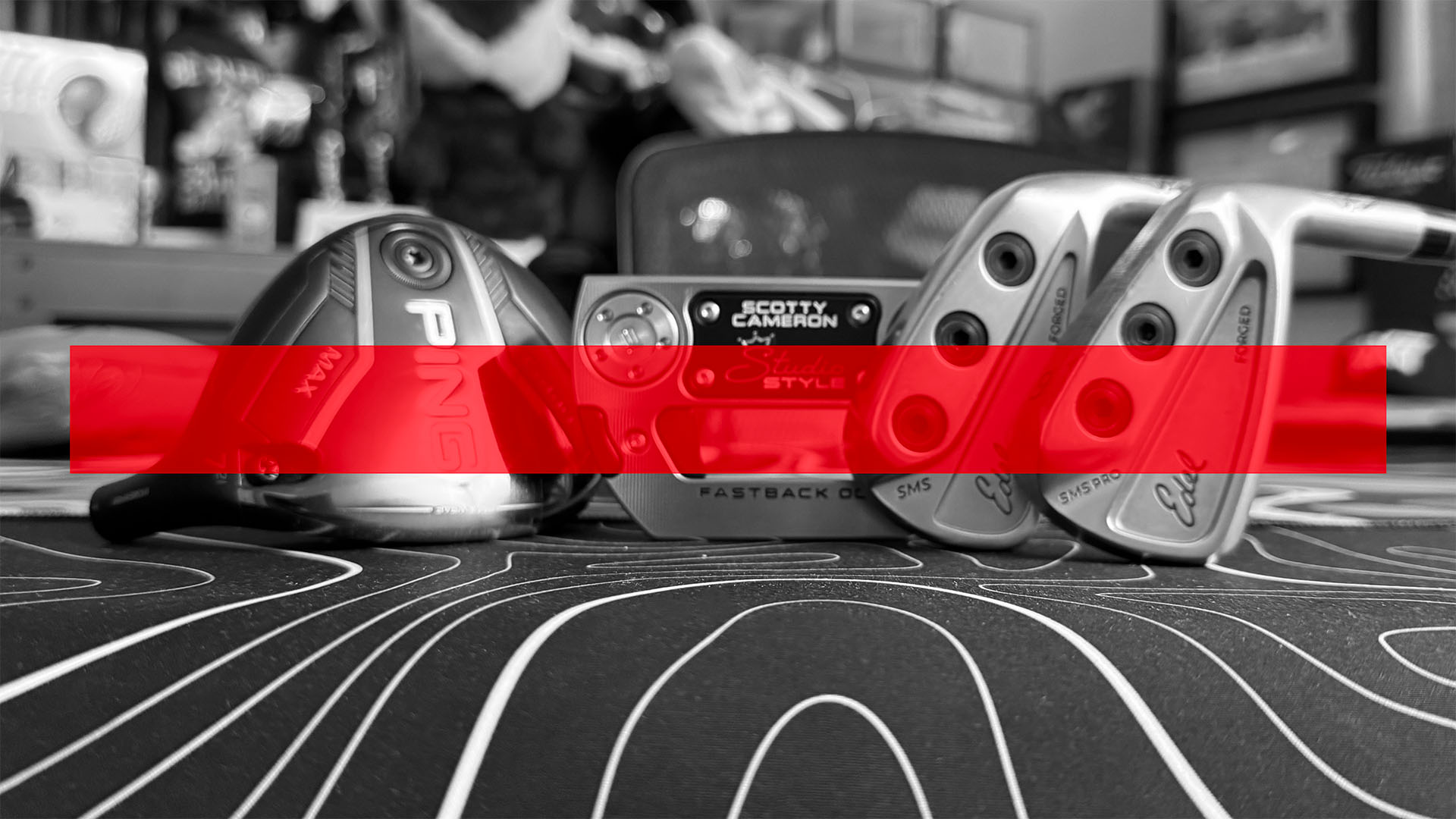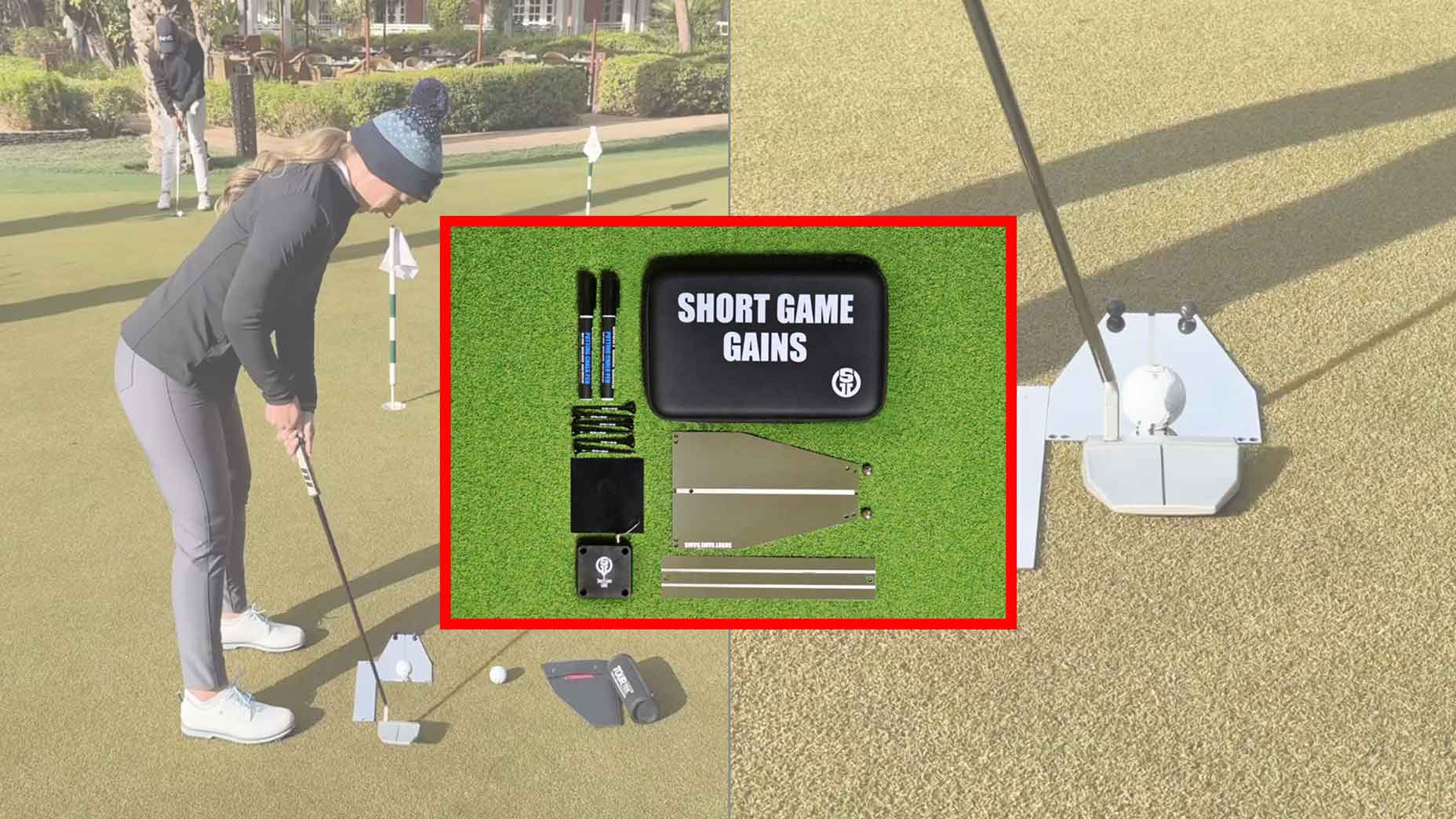A red box with white text is the first thing that catches your eye when you visit Clicgear’s homepage. “Due to extremely high demand, many Clicgear and Rovic carts are out of stock,” reads the statement. “Please check the shopping page for each style to see if that cart is currently available.”
A quick scroll through the company’s current inventory backs up the statement: Nearly every push-cart has a “Sold Out” banner, including reconditioned offerings. Only a cart for junior golfers and the minimalist Rovic RV2L remain. It’s been slim pickings since March when Covid-19 shut down the country and briefly forced golf courses to close.
When courses began to re-open, many required golfers to walk instead of ride, for social distancing purposes. For those who didn’t have any interest in slinging their own sticks, a push-cart suddenly became a hot commodity.
The demand hasn’t cooled off.
In fact, due to the incredible appetite for push-carts and a slowdown in production, it’s been nearly impossible for most manufacturers to keep up. According to Bag Boy, another major player in the push-cart industry, the category has experienced exponential growth, to the tune of 40 percent over the previous year.
“Our overall business continues to remain incredibly strong, with year over year increases in overall sales amid the current pandemic,” said Perry Hilbert, sales manager for Dynamic Brands, Bag Boy’s push-cart distributor.
Best golf push carts: These 6 high-tech push carts will keep your game rollingBy: Ryan Noll
Dynamic Brands, along with Hansen’s ProActive Sports Groups, the distributor of Clicgear and Rovic brands for USA and Mexico, have been in the same boat as nearly every other manufacturer in the golf equipment industry. Business has been good — really good. But a double-edged sword exists.
At the end of August, Golf Datatech, an independent market research firm, reported a record-breaking month for U.S. golf equipment sales in July, as total sales (on and off the course) soared to $388.6 million. It was the highest total since the company started tracking data in 1997.
Clicgear was already forecasting an increase in sales with the release of its Model 4.0 push-cart — its first new model in several years. What the company didn’t expect was how the pandemic would shape their business. With more golfers requesting push carts than ever before, Clicgear blew through its current supply of Model 4.0’s, along with the rest of its stock. They’ve been playing catch-up ever since with a deep backlog of orders.
“When you get in the hole as far as we did, it’s tough to get out,” said Todd Hansen, ProActive Sports Group’s national sales manager. “You’re treading water and just trying your best to keep up with demand.”
Bag Boy has found itself in a similar position, working diligently with suppliers to increase production. The minute a bag rolls off the line, it’s already bound for a new home. Inventory remains non-existent at the moment.
“Over the past few months, our weekly deliveries have been hand-to-mouth fulfilling this unprecedented demand,” Hilbert said. “We will continue to catch up over the next few weeks and be well-positioned to meet our customers’ needs for the holiday season.”
Little to no supply forced golfers to look for push carts on the secondary market, where some used carts were selling for $300 to $400. Price gouging has been rampant, to the point that Clicgear required retailers to place a $299 price cap on their carts being advertised a few months back.
“We’ve never placed a maximum advertised price on our bags, which tells you how crazy things have been,” Hansen said. “We don’t want to see the consumer be penalized for what’s going on. That said, some thought we were controlling supply to make more money. But there wasn’t much we could do.”
Like much of the golf industry, the company’s push carts are produced and shipped from Asia, the initial epicenter of the Covid-19 outbreak. With limited vessel space to get carts to the U.S. — along with a cap on hours at production facilities — the only thing manufacturers have been able to do is remain patient and wait.
The good news is the dearth of push-carts could be a thing of the past in the not-too-distant future as wholesalers continue to list more models and colors each week — a sign that supply and demand are leveling out. (According to Golfweek, Bag Boy provided this week’s PGA Tour event, the Sanderson Farms Championship, with 250 push-carts for its pro-am participants.)
“We see a light ahead,” Hansen said. “We’ll have some new colors in the next few weeks, and it should continue to increase next month. Golfers might not see it at first because we have an obligation to fill orders with our wholesale suppliers first, but it’s really coming soon.”
While Clicgear and Bag Boy have an idea of what supply could look like in the near-term, the forecast for 2021 remains a complete unknown.
“For us, 2021 could be the most challenging year to forecast needs,” Hansen said. “Is it a regular year or better than a regular year based on business we’ve seen recently? No one knows for sure. What we do know is there’s still some pent-up demand for the fourth quarter, and we’ll be in a better position to handle it.”
